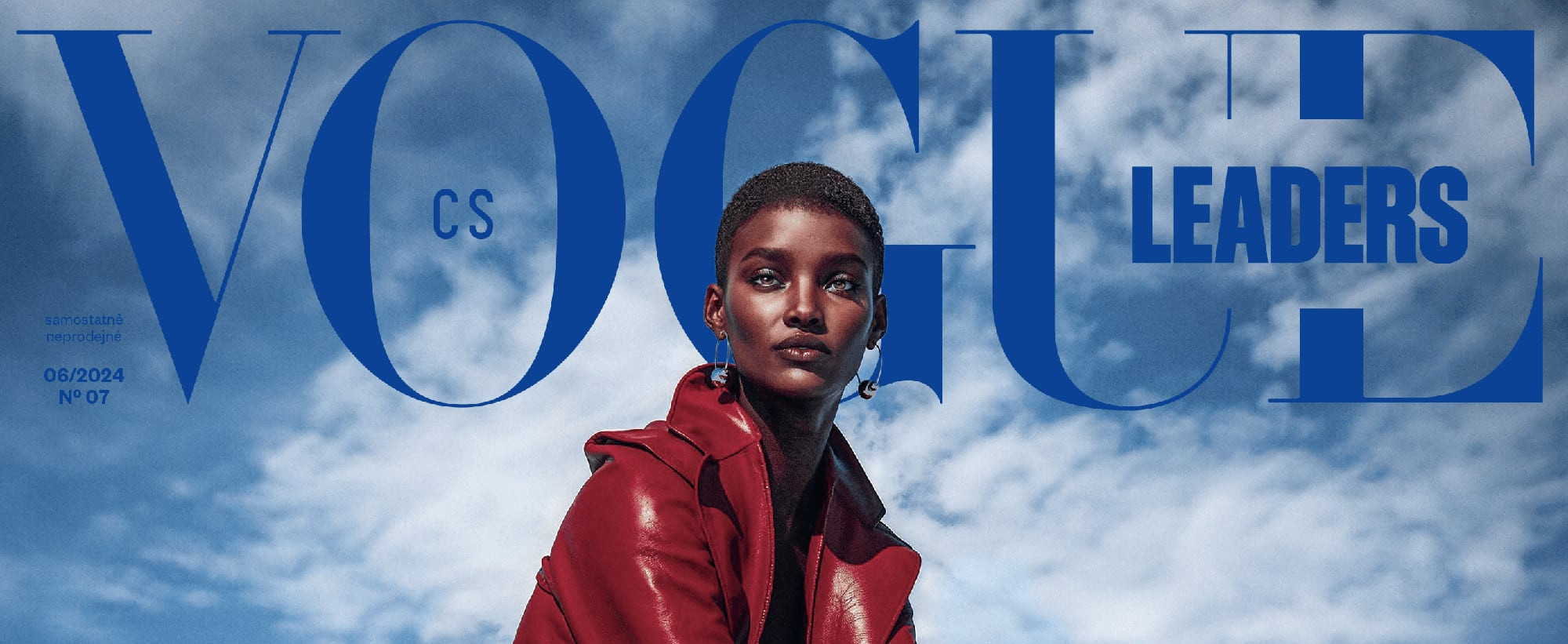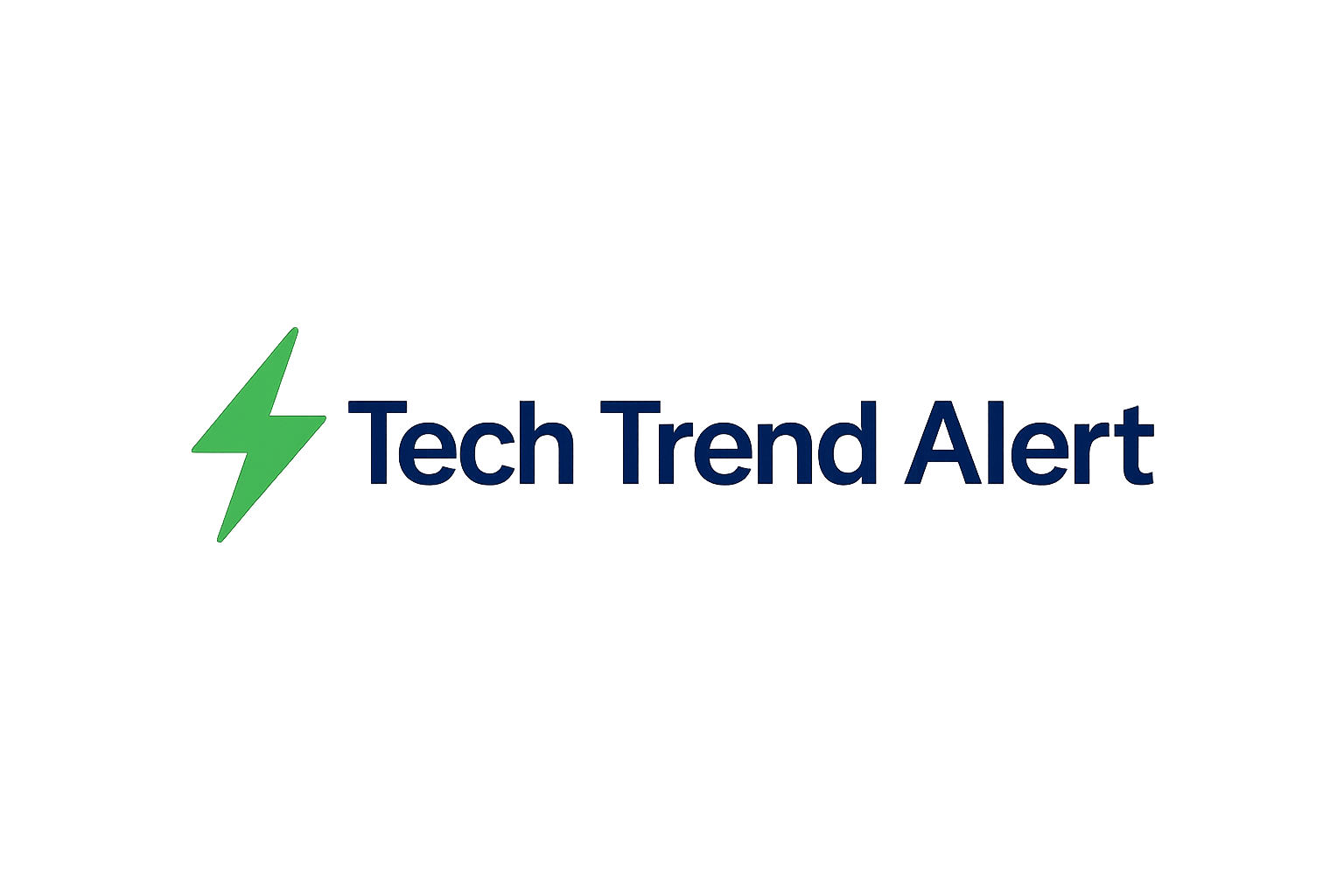Vogue's AI Ad Uproar: More Than Just a Fashion Faux Pas

Vogue's AI Ad Uproar: More Than Just a Fashion Faux Pas
The glossy pages of Vogue, a long-standing symbol of high fashion and aspirational aesthetics, have recently become the center of a heated debate. The source? An advertisement featuring an AI-generated model, commissioned by Guess. While it might seem like a simple integration of technology into the fashion world, the uproar surrounding this ad goes far beyond mere stylistic preferences. It touches upon crucial ethical considerations, the future of human labor, and the very definition of beauty in the digital age.

Shudu X Vogue CS - AI Summit 2024 - Prague (Note: This is a representative image and not the specific Guess ad in question.)
The Rise of the Digital Model
AI-generated models are becoming increasingly sophisticated, blurring the lines between reality and simulation. These digital entities offer brands several advantages: they are infinitely customizable, readily available, and don't require salaries or contracts. This efficiency, however, comes at a cost. The use of AI models raises concerns about the displacement of human models, potentially impacting their livelihoods and the broader creative industry. Furthermore, the lack of diversity in AI training data can perpetuate existing biases, leading to a homogenous and unrealistic representation of beauty.
Unrealistic Beauty Standards and Mental Health
One of the most significant criticisms leveled against the Vogue AI ad is its potential to exacerbate unrealistic beauty standards. AI models are often designed to embody an unattainable level of perfection, free from blemishes, wrinkles, or any perceived imperfections. This can contribute to feelings of inadequacy and low self-esteem among individuals who compare themselves to these digitally crafted ideals. The mental health implications, particularly for young people, are a serious concern. As one social media user pointed out, "Guess using AI models in Vogue is creating impossible and irresponsible beauty standards. These digitally 'perfect' bodies don’t exist - but the mental health damage to young people will be real."
Ethical Considerations and the Future of Fashion
The Vogue AI ad controversy highlights the need for a broader ethical discussion about the use of AI in advertising and fashion. Key questions include:
- What are the responsibilities of brands and publications in promoting realistic and diverse representations of beauty?
- How can we ensure that AI is used in a way that complements, rather than replaces, human creativity and labor?
- What regulations, if any, are needed to govern the use of AI in advertising and prevent the perpetuation of harmful stereotypes?
The answers to these questions will shape the future of the fashion industry and its relationship with technology.
Key Takeaways
The uproar over Vogue's AI-generated ad serves as a wake-up call. It's a reminder that technological advancements must be accompanied by careful consideration of their ethical and social implications. As AI continues to evolve, it's crucial for the fashion industry to prioritize inclusivity, diversity, and the well-being of its audience. The future of fashion should be about celebrating individuality and empowering individuals, not perpetuating unrealistic and harmful beauty standards.




